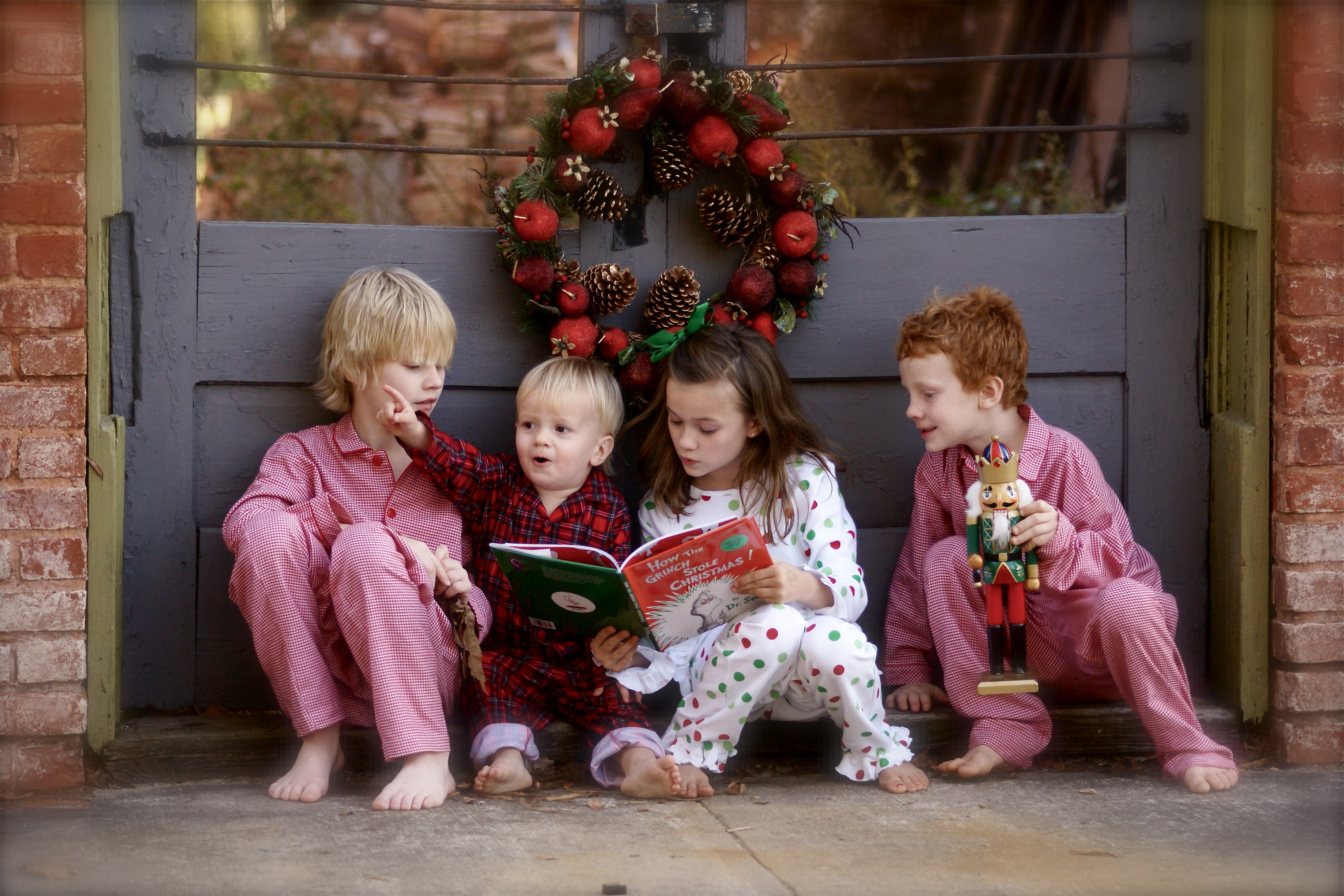
While the holiday season is often called ‘the most wonderful time of the year’, it can also bring about overwhelming stress and endless obligations, particularly for women. Traditionally, women find themselves orchestrating the holiday magic, from baking Thanksgiving feasts to meticulously wrapping gifts, with nearly half admitting to shouldering the bulk of cooking responsibilities, contrasting sharply with just a quarter of men who take on similar tasks.
Amidst the whirlwind of festive duties, I realized I was not just feeling overwhelmed, but I was also questioning what truly motivated me. The holidays, once filled with joy, had become another source of headache, compounded by the already hectic school and family schedules; my initial desire to create a perfect ‘American’ holiday experience only deepened a cycle of stress and unrealistic expectations that I didn’t genuinely cherish.
My husband made a simple yet profound observation that sparked a much-needed change: the preparations were causing me more stress than joy. His casual suggestion about being perfectly happy with Chinese takeout for our holiday meals made me reflect: why was I blindly adhering to traditions that left me feeling frazzled and unfulfilled?
This introspection led to a revolutionary decision: I decided to stop doing the holiday hustle I thought was burdensome. The result? A surprising lack of fallout. When my family came home as disabled vets, there simply wasn’t a ghost of a ghost of anything that should be there anymore, and those few who correctly lamented the loss of the occasional Christmas letter or card got over it quickly.
Eventually, my children, who were used to our previous elaborate holiday traditions, began to take charge of their own festive experiences. They got creative with decorations, planned for Halloween, and even coordinated how to manage gift timing, which not only relieved me of the exhausting holiday workload but also empowered them to embrace their own sense of responsibility and creativity.

However, transitioning to a more hands-off approach presented its own challenges. Of course, my children faced comments and expectations from family and friends who were accustomed to my previous level of involvement, but the key was learning how to manage those expectations and set clear boundaries. When it came to their longing for old traditions, I supported their entrepreneurial spirit while encouraging others to do the same.
The more emotionally labor intensive responsibilities became an emphasis in delegating. Surprisingly, if anyone missed the orchestrations I used to perform, I was fine with them stepping in, and it’s actually given me more of a relaxed and fun holiday atmosphere for everyone.
This newfound holiday peace relied on managing expectations. I used to make changes to my household’s narrative and my family not only accepted, but learned to appreciate our scaled back celebrations. Taking this into account, this ongoing lesson in expectation management went beyond the holidays and instead lives into our regularly life, promoting a more well-rounded, less stressful lifestyle. Unfortunately, this drastic simplification wasn’t without its effort; I had to work hard to communicate with my family. I were to explain to them why and show them I was serious about this whole new way of doing things, they began to warm to the idea. So when they did actually value something that happened on the holiday, they’d somehow manage to fit it in, and using more creativity and enthusiasm than I could ever muster under duress.
Now, our holidays are not just enjoyable, but also a meaningful time for connection. By releasing the pressures of traditional seasonal expectations, I discovered a more authentic way of living, and as I stepped back, our family stepped up, creating a more inclusive and joyful holiday atmosphere together.
Let’s explore practical steps to shift your holidays from stress-laden obligations to moments filled with joy and relaxation. It all begins with a mindset shift: we are not bound to the traditional holiday norms that often lead to anxiety. Instead, we should adopt a philosophy of doing less and allowing ourselves to enjoy more.
There are few easier ways to alleviate the stress of the holiday time of year than to establish clear boundaries — both with yourself and with those around you. It’s about communication and honesty. Say to your family and close friends why you’re skipping some traditions or scaling back on holiday activities. Reassure them that this is not a sign that you’re losing control or becoming more rigid—it’s your effort to create a somewhat more relaxed environment for everyone involved.
An essential step in this transformation is delegation. This is not about avoiding responsibility; it’s about sharing the holiday workload so that everyone contributes to creating a magical experience. Start small by assigning age-appropriate tasks to your children, like decorating or gift wrapping, and encourage your partner to participate in holiday planning. This not only eases your burden but also fosters a sense of unity and collaboration within the family.
Another valuable tip is to simplify your holiday traditions. Reflect on which activities genuinely bring you joy and which ones feel like mere obligations. Prioritize the joyful ones and let go of the rest. For example, instead of baking dozens of cookies for a holiday party, consider making a smaller batch or buying them from a local bakery to relieve some pressure.
Embracing a more relaxed holiday approach can help us rediscover the joy and connection that often gets lost in our pursuit of perfection. It’s about crafting a holiday experience that aligns with our true selves and brings genuine happiness to ourselves and our loved ones. This year, resist the urge to overdo it, and instead, revel in the magic of the holidays in the most meaningful ways.
Related posts:
My Underwhelming Approach to Holiday Merriment Saves Me So Much Stress
The Mental Load of the Holidays Is Taking a Heavy Toll On Moms
Already feeling overwhelmed by the holidays?






